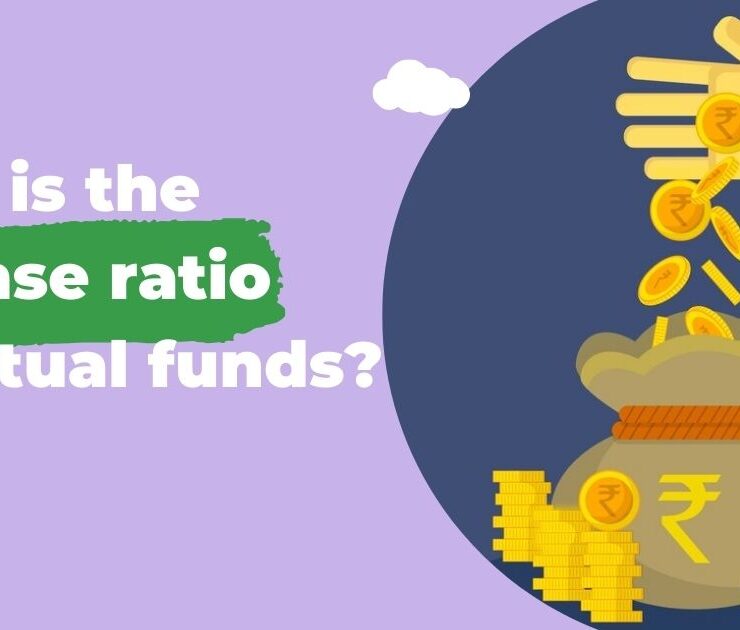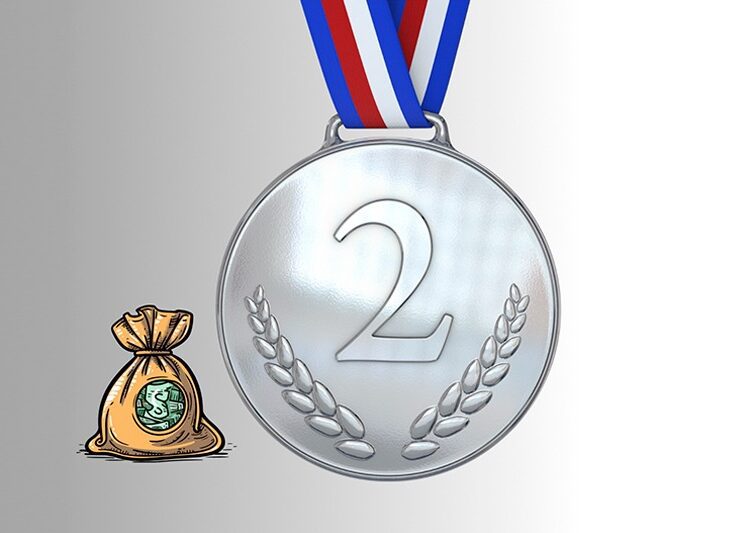Exchange Traded Funds – Basics and Investing Guide

An exchange traded fund (ETF) is essentially an index fund that trades like a stock and is listed on the exchange. Though ETFs are popular abroad, in India they still have a long way to go. Currently in India, the total asset under management (AUM) of ETF stands at Rs 13,204 cr (March 2014). While in the USA, there were a total of 1,193 ETFs with combined assets worth $1,295 billion or Rs 77.06 lakh crore as on August 2012 (Source: ICI).
An ETF is a single security representing a basket of stocks that corresponds to a particular index like S&P CNX Nifty or Sensex. The ETFs trading value is based on the net asset value of the underlying stocks that it represents. Much like an index fund, an ETF offers built-in diversification. But because ETFs can be bought or sold within the trading day, they offer the flexibility of a stock. Like individual equity securities, ETFs are traded on a stock exchange and can be bought and sold throughout the day through a broker-dealer just like an Infosys or a Reliance Industries stock.
Why invest in an ETF?
The popularity of Exchange traded funds has been growing: they combine diversification, cost efficiency and flexibility in a single investment.
– With an ETF you trade a basket of stocks for a single brokerage saving money on trades.
– There are no short-term redemption loads.
– They allow you to take advantage of intraday changes in the market—ETFs trade throughout the day like stocks.
– They allow you to benefit from sophisticated trading strategies such as hedging, diversification, arbitraging between futures and cash market.
– You can choose from a range of ETFs including funds that modify standard indices, sector specific f unds.
unds.
Are there different types of ETFs?
ETFs can be broadly classified into the following categories:
– Index ETFs: Most ETFs are index funds that hold securities and attempt to replicate the performance of a stock market index. An index fund seeks to track the performance of an index by holding in its portfolio either the contents of the index or a representative sample of the securities in the index
– Commodity ETFs: Commodity ETFs invest in commodities, such as precious metals and futures. In India, we only have gold exchange-traded funds.
– Bond ETFs: Currently there is only one such ETF available in India, i.e. Liquid BeES.
There are other types of ETFs like Currency ETFs, Actively Managed ETFs but they are yet not available in India.
Where can I purchase ETFs?
ETFs trade like a stock and just like any stock units of ETFs can be bought or sold through an equity broker of that exchange on which the fund is listed.
Are ETFs similar to index mutual funds?
ETFs and index mutual funds are similar in that they typically seek to match the return of a market index and both are good choices for investors looking for diversification. However, there are important differences between the two investment options:
– Minimum investment requirement: For investors with limited funds (say, less than Rs 1,000) who want to get started in the stock market, ETFs offer a cheap entry. Through your broker you can buy one single measly share if you choose. In comparison, index mutual funds require a minimum investment amount of Rs 5,000.
– Ease of use: Like regular stocks, they can be bought or sold anytime the market is open via your brokerage account. There are no hassles of filling up application/redemption forms as you hold them in your demat account. Index funds, on the other hand, can only be redeemed at the closing price of each day.
– Tracking error: generally the tracking error of an ETF is lower than that of an index fund thus ensuring the replication of the underlying asset.
– Expense ratio is generally lower than Index Funds.
– Taxation: With Index Futures investors can avail of only short-term capital gains while with ETFs, investors can avail long-term capital gains.
Are ETFs right for me?
ETFs can be useful investments, but it’s important to know if they’re right for you. Here are some guidelines to help you know when you might want to consider an ETF and when ETF isn’t the right fit:
– If you’re trying to get market returns or believe that from here the index will give good returns in the long term then ETFs may be a good choice for you because of their low cost and broad diversification. However ETFs will not be right for you if you are trying to beat the market. Since ETFs track market indices, you’ll only get market returns.
– When you are looking for a wide diversification but have a small sum to invest then ETF may be right for you as you can choose to buy even one share of an ETF.
– When you are not sure what to buy but you want to invest in equity you could use an ETF to invest your cash in the stock market without betting on a particular stock or a company.
Doing a background check
And finally, as with any investment, make sure you get what you’re paying for and does it suit your goals:
– Do your homework. Read the ETF’s prospectus and other descriptive information fully.
– Make sure you understand the index or underlying asset the ETF is based on, the risks associated with that index or asset, and how it fits with the rest of your portfolio and your investment goals.
– Scrutinize an ETF’s holdings as you would those of any mutual fund before you buy. Make sure the ETF label matches the underlying securities you want to buy.
– The most valid criterion for evaluating an ETF is to determine how closely its return mirrored the return of the underlying index, also known as tracking error. The lower the tracking error, the greater the success of the ETF in delivering the return of its index. It is therefore important to check that the ETF you choose to invest has a low tracking error otherwise your objective of investing is not completely achieved.
– Make sure you understand the costs associated with ETFs (annual management fee plus brokerage costs).
To sum
ETFs are best used as a long-term investment tool. The best investing strategies for most investors are the simplest ones — filling asset allocation gaps and replacing higher-fee mutual funds. ETFs have a well-deserved reputation for both. With these facts in hand you can decide what role ETFs might play in helping you to reach your financial goals.
To know more about ETFs or to start investing in ETFs:
SMS <Arihant> to 56677
Shruti Jain is Chief Strategy Officer (CSO) at Arihant Capital Markets Limited. She is passionate about investor education and sustainability.





